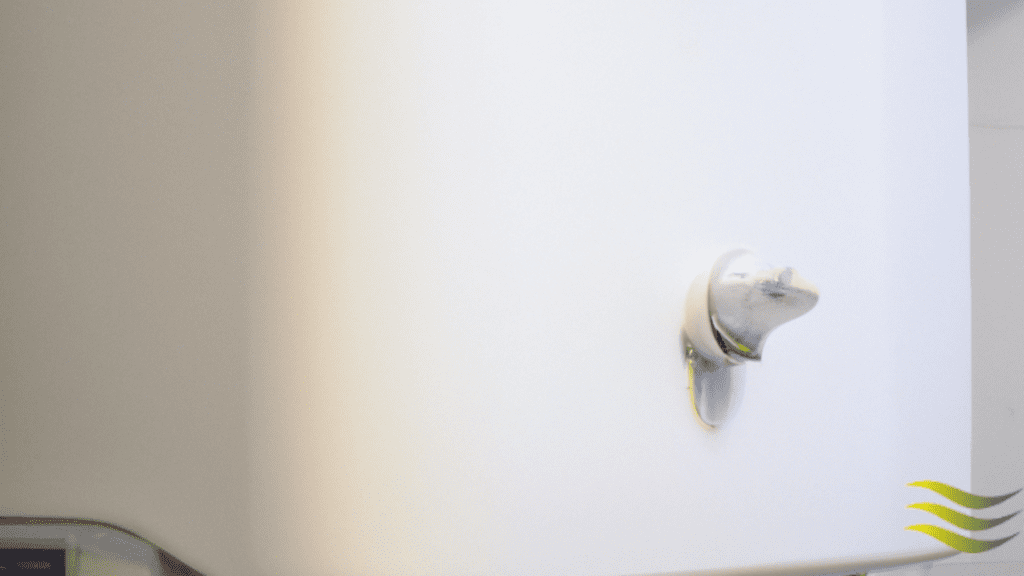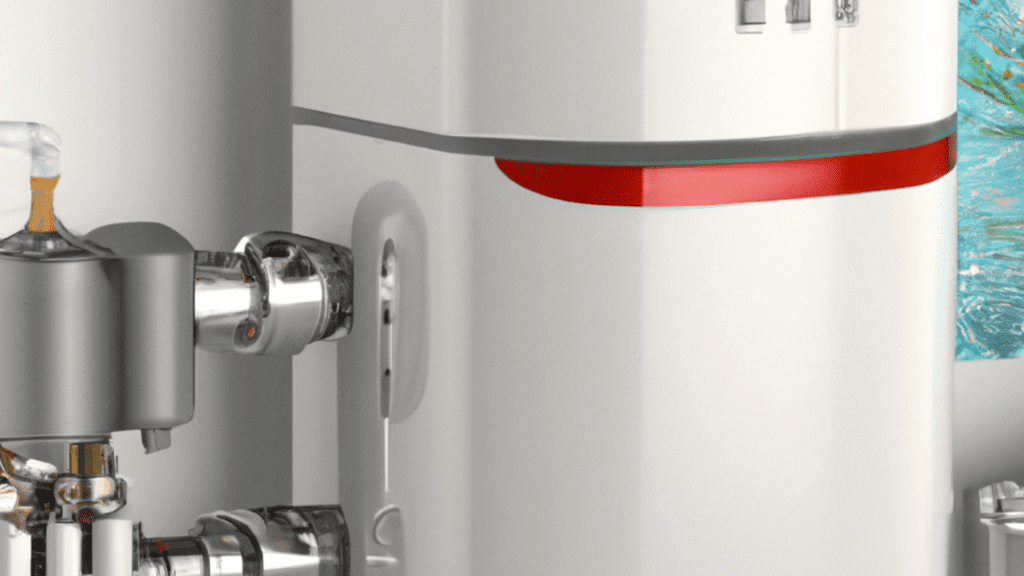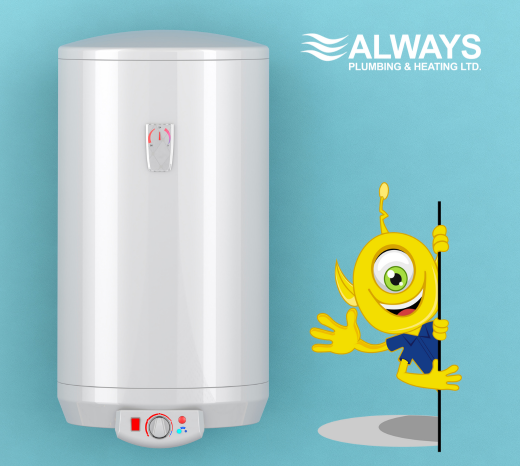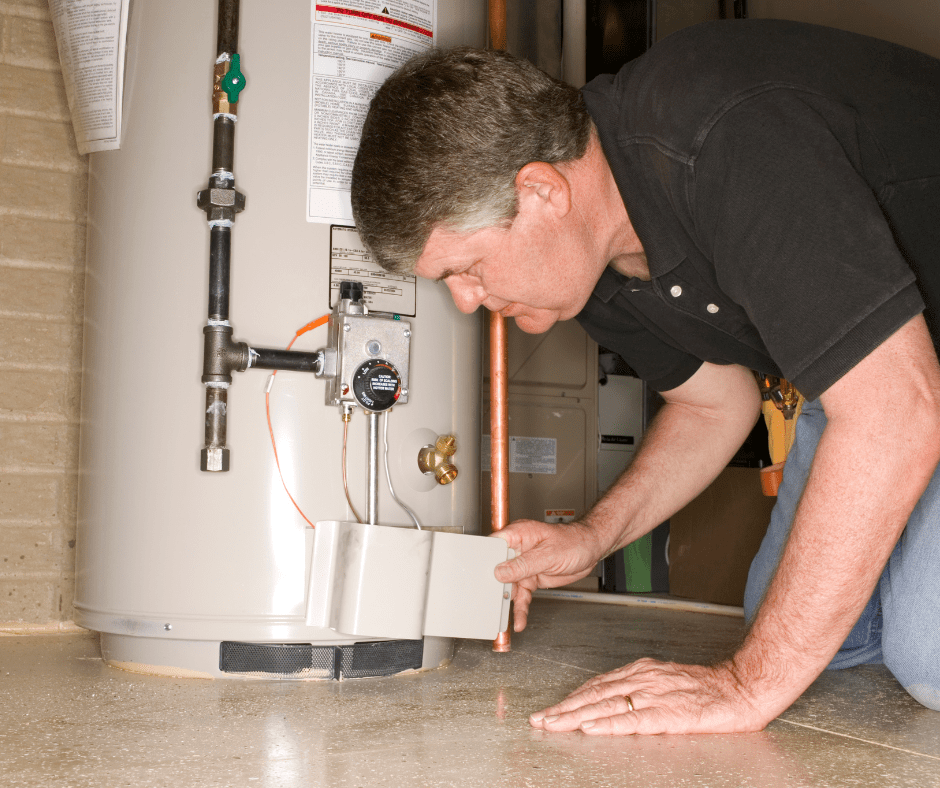Want to know what type of water heater will offer the best value for your home? Schedule a free consultation with our HVAC technician.
Until...

Want to know what type of water heater will offer the best value for your home? Schedule a free consultation with our HVAC technician.
Until your hot water stops running, you’ve probably never thought of repairing or replacing your unit. Given that the lifespan of an efficient water heater is typically 10 to 15 years, you should consider the benefits and downsides of gas and electric water heaters before shopping.
According to the Utilities Consumer Advocate (UCA), electricity per kilowatt is 6 to 7 times more expensive than natural gas in Alberta based on a 13-month average from November 2021 to December 2022.
Gas and electric water heaters are the only two options on the market, the price of which can be lower or higher depending on the size, efficiency rating, and quality of the unit.
Since both types of water heaters use a different measurement input, you should consider the equivalent size of a gas (BTUs per hour) and electric water heater (watts per hour) to compare their efficiency per hour.
Here are some key considerations when deciding which type of heating unit will best fit your needs.
Efficiency
Electric Water Heater
Electric water heaters are much more energy efficient than their natural gas counterparts as they don’t keep the unit hot at all times. Given that the cost of electricity is significantly higher in Alberta than gas, an electric water heater will eventually add a lot more to your utility bills.
Gas Water Heater
Conventional gas storage units keep the water hot at all times and, while this is convenient, it means that energy is constantly being used (and lost).
However, options such as using off-peak rates from your utility company can sometimes offset some of the additional costs. Also, investing in an ENERGY STAR qualified unit will help keep costs down as well.
Heating Time
Electric Water Heater
One advantage of owning an electric heater is that a timer can be installed, which can be programmed to shut off during off hours. A short window (as opposed to the 24 hour heating of a gas tank) will considerably cut down on utilities. This makes an electric water heater a more attractive option for those looking to save energy and cut down on bills.
Gas Water Heater
A gas unit will always heat water faster than an electric heater as it draws the heat from a gas-powered burner at the bottom. An electric heater spreads heat evenly throughout the tank, taking much longer to discharge hot water.
Heat Recovery
Electric Water Heater
Because electric units gain heat at a much slower rate, the heat recovery is much lower than gas units. This makes the unit consume more electricity to regain the same level of heat as during the initial discharge.
Gas Water Heater
A gas water heater can heat a 50 gallon tank in about an hour, which is much faster than an electric unit. For families of four or more, a natural gas model may make more sense as an electric heater will have trouble keeping up with demand.
Cost to Operate
Electric Water Heater
In most instances, an electric water heater is less expensive than natural gas. A typical electric tank heater retails anywhere from $250 to $500. Since an electric unit is connected to an outlet with extra wiring, there’s no additional installation required. However, an electric water heater will cost you anywhere from $40 to $70 per month depending on the size and efficiency of the model you pick.
Gas Water Heater
A natural gas heater will cost around $300 to $600. High-performance models of both designs will cost considerably more. Installation prices will vary considerably depending on several factors, but natural gas units require venting the exhaust through the flu which entails connecting a PVC tube from your unit to the roof of the home. This increases their upfront installation costs.
However, as natural gas is less expensive in Alberta, a gas model will cost you much less at $30 to $50 per month.
Safety
Electric Water Heater
Compared to natural gas units, electric tanks are considered much safer. A gas explosion or leak is much more probable than an electrical mishap. Pilot lights on gas tanks will sometimes need to be re-lit (which can be dangerous if not attended properly).
Gas Water Heater
Gas water heaters can be more dangerous to use than electric water heaters, as there is a risk of gas leaks and carbon monoxide poisoning. Make sure to follow all safety instructions provided by the manufacturer, and consider installing carbon monoxide detectors in your home if you use a gas water heater.
Space
Electric Water Heater
If your home has limited space, an electric water heater might be ideal. Unlike natural gas designs, which require 6 -18 inches of ventilation around the sides and top, electric tanks don’t need a lot of ventilation and work well in confined areas. Electric water heaters may need to be located near an electrical outlet, which may not be possible or convenient in all locations.
Gas Water Heater
As most gas tanks are 40, 50, 60, 70, and 80 gallons in size, they will need more space to set up. Since they also need venting pipes installed, their placement will be limited by the most feasible location in the house. Despite these limitations, you can look into tankless gas water heaters that offer the best of both worlds in most cases, except that the heating output might fluctuate if you’re using more appliances at the same time.
Longevity
Electric Water Heater
An electric water heater generally has a longer life than a gas unit. Electric tanks are composed of fewer parts and, unlike natural gas designs, aren’t compromised by direct heat.
Gas Water Heater
Gas water heaters require more maintenance than electric water heaters, such as regular cleaning of the burners and flue for an extended lifespan.
How to Choose a High Efficiency Water Heater
One of the most important appliances in your Edmonton home is your water heater. In fact, residential water heating is estimated to be the second biggest energy use for Canadian households, accounting for approximately 40% of total electrical energy consumption.

Its importance is especially felt in the dead of winter when it provides a heating component essential for your household's health and comfort. This is why it’s important that your home has the right kind of model for your needs.
Energy Star Certified
High-efficiency water heaters may be certified by the U.S. Environmental Protection Agency's Energy Star program, which indicates that they meet certain energy-saving standards.
Energy Factor (EF)
High-efficiency water heaters may have a higher energy factor (EF) rating, which is a measure of how much of the energy used to heat the water is actually used to heat the water. A higher EF rating means that more of the energy is being used to heat the water, and less is being wasted.
Tankless
High-efficiency water heaters may be tankless, which means they heat water on demand rather than storing it in a tank. Tankless water heaters can be more energy-efficient than traditional storage tank water heaters because they don't have to keep a large tank of water hot all the time.
Overall, choosing a high-efficiency water heater can help you save energy and money on your energy bills. It's a good idea to compare the efficiency ratings and costs of different models to determine which one is the best fit for your home.
Before the winters turn harsher, get started with an in-home heating and cooling consultation with an HVAC expert.
Related Posts
Electric Tank Water Heaters In Your Edmonton Home
Shopping for Water Heaters In Edmonton? Compare Your Options Before You Buy
Tank vs Tankless Water Heaters - Hot Water Options




